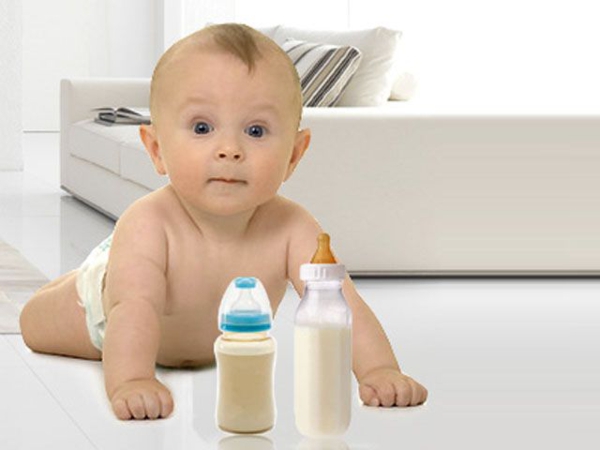Introduction
Milk allergy is a condition where your body’s immune system reacts to particular milk proteins whenever you drink milk or consume other foods mixed with milk. Your immune system mistakes the proteins for a harmful foreign matter, attacking with the aim of destroying the protein (allergen). The attack leads to a reaction and it is from the reaction that you experience varied symptoms that may affect your skin, respiratory tract or gastrointestinal tract. Being diagnosed with milk allergy does not mean that you cannot live a normal life. You can still live a normal life by simply avoiding particular foods.

Milk and Products containing Milk
The first category of foods you need to avoid are milk and milk associated products. This is because continuing to consume milk and milk products will simply lead to further allergy, which can be aggravated to the extreme. Note that adverse milk allergy can be devastating to a point that you have serious health problems. You will need to avoid all types of milk (skimmed, with reduced fat, flavored, powdered and condensed milk). Other products you need to avoid are butter, cheeses (soft and hard), yoghurt, ice-cream, margarine and custard milk amongst others. It is important to point out that being allergic to cow’s milk also means that you are likely to suffer from milk allergy if you drink goat, sheep or any other milk.
Baked products
Baked products such as bread and crackers usually contain milk and you will need to avoid the same. If such do not contain milk, they will probably contain butter, which in itself contains milk. This does not in any way mean that you will not eat bread or crackers again. Food manufactures know that there are people who are allergic to milk and make provision for such people by producing foods free of milk. You will therefore need to read food labels thoroughly before buying. In particular, read and understand the ingredients used as some do contain milk.
Fried foods
You seriously need to avoid eating fried foods especially when eating out. This is because milk is normally used as a coating ingredient on fried foods. You will certainly restrict yourself to eating home-fried foods if you really need to eat such.
Candies and Snacks
You will need to avoid all candies and snack foods if you intend to prevent milk allergy. It is a fact that such either contain milk or milk proteins that can cause milk allergy. Note that it is the protein(s) in milk that your body’s immune system reacts to and avoiding the same will do you a lot of good. The fact that there are safe candies and snacks you can consume means that you need to be careful when buying the same. You need to read labels and establish ingredients used before carrying the same away.
While you may take all precautions to avoid consuming products containing milk or milk proteins, there is always the danger of consuming such in restaurants or at parties. It is always good to inform your host of your concern so that an alternative can be sought out. In case of eating out at a restaurant, do inform the person attending to you of your special need
Nina Stronns is an expert nutritionist who has had many milk allergy (in Denmark that’s called mælkeallergi) patients over the years. She explains what problems might occur if the wrong foods are ingested.
What Foods You Should Avoid In Case Of Milk Allergy?

